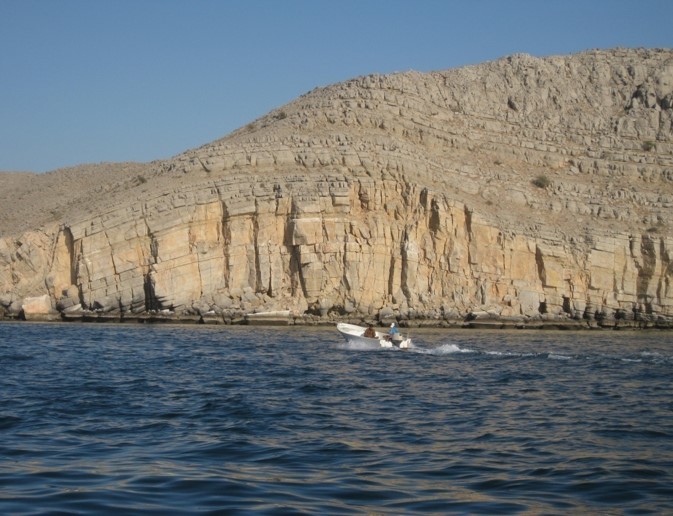Designed for you, if you are...
- A geomodeller, reservoir engineer or petrophysicist working on (fractured) carbonate reservoirs, wishing to build a strong foundation in characterising and modelling these complex reservoirs, specifically in the context of the energy transition.

How we build your confidence
- Discuss how and why carbonate reservoirs matter for the energy transition
- Examine how oil and gas expertise for carbonate reservoirs can be applied to other subsurface applications such as CCUS and geothermal energy
- By using case studies, you will review the challenges and best practices when characterising and modelling (fractured) carbonate reservoirs
- Discussions of the integration of core and log data for creating robust reservoir rock-typing approaches for carbonates
- It will be explained how fractures can be detected and incorporated in static and dynamic reservoir models
- Modern reservoir modelling approaches for carbonate reservoirs will be introduced, that allow us to capture their multi-porosity nature (not specific to certain software packages)
- You will understand how uncertainties in carbonate reservoir modelling can be quantified using static and dynamic data, and how these data can be used for model calibration
The benefits from attending
By the end of the course you will feel confident in your understanding of:
- Why carbonate reservoirs are important for the energy transition
- Integrating core and log data for reservoir rock-typing in carbonates
- Detecting, characterising and modelling fractures in carbonates
- State-of-the-art carbonate reservoir modelling approaches and best practices
- Quantifying uncertainties in carbonate reservoir modelling
Topics
- The role of carbonate reservoirs in the energy transition (e.g., geothermal energy or CCUS)
- Heat and mass transfer in (fractured) carbonate reservoirs
- Petrophysics for carbonate reservoirs
- Reservoir rock-typing for carbonates
- Detecting, characterising and modelling fractures
- Multi-scale and multi-porosity reservoir modelling and upscaling
- Model ranking and clustering using static and dynamic data
- Uncertainty quantification for carbonate reservoir modelling
Customer Feedback
"The course is delivered with extensive coverage of both static and dynamic aspects." - Lead Reservoir Engineer at Trident Energy
"I liked the integrated nature of the course material which combined the different disciplines." - Reservoir Engineer at Trident Energy
"Up to date and recent methods were shown on the course. Lots of papers were referenced with interesting aspects." - Lead Geologist at Trident Energy